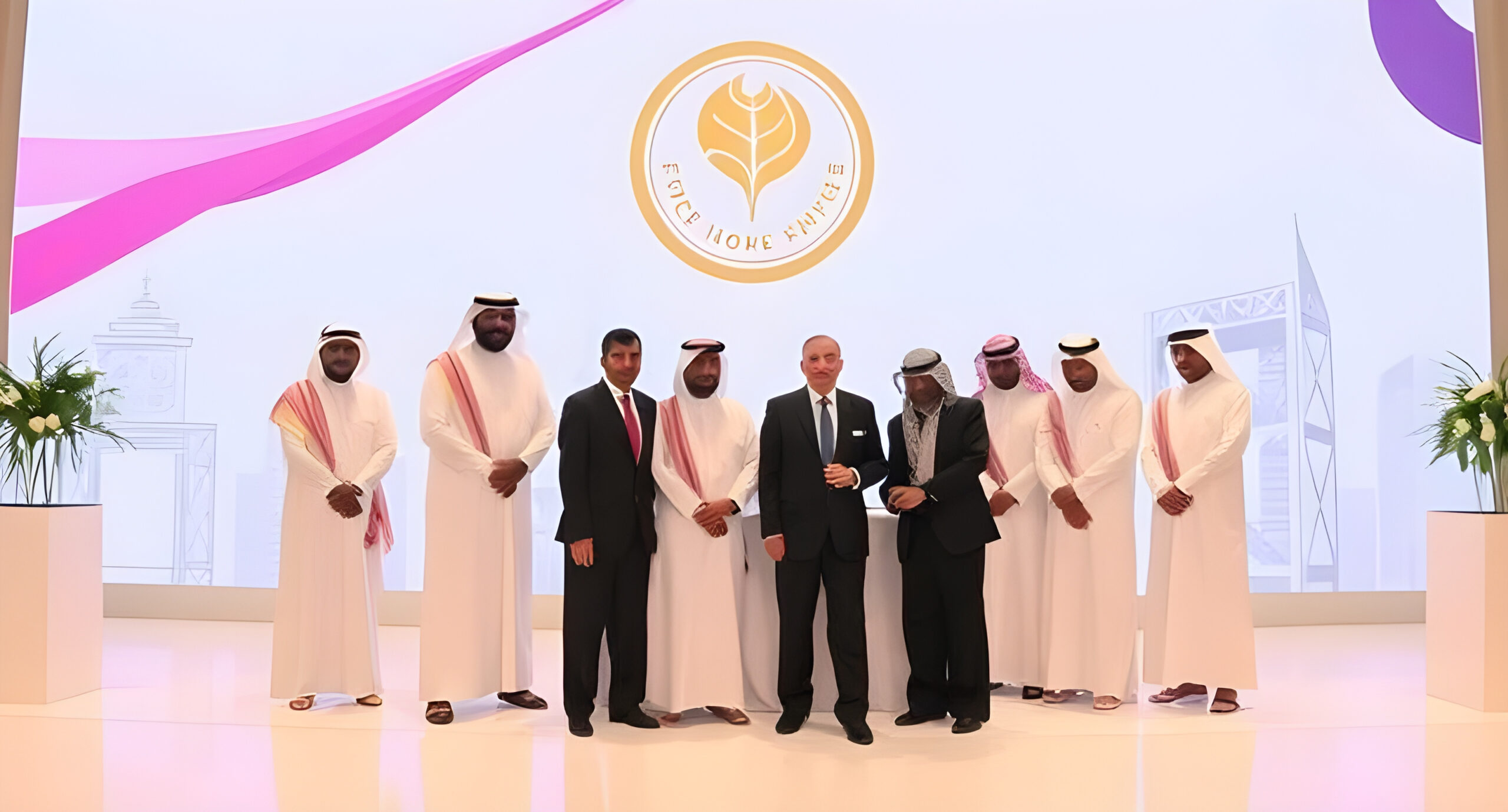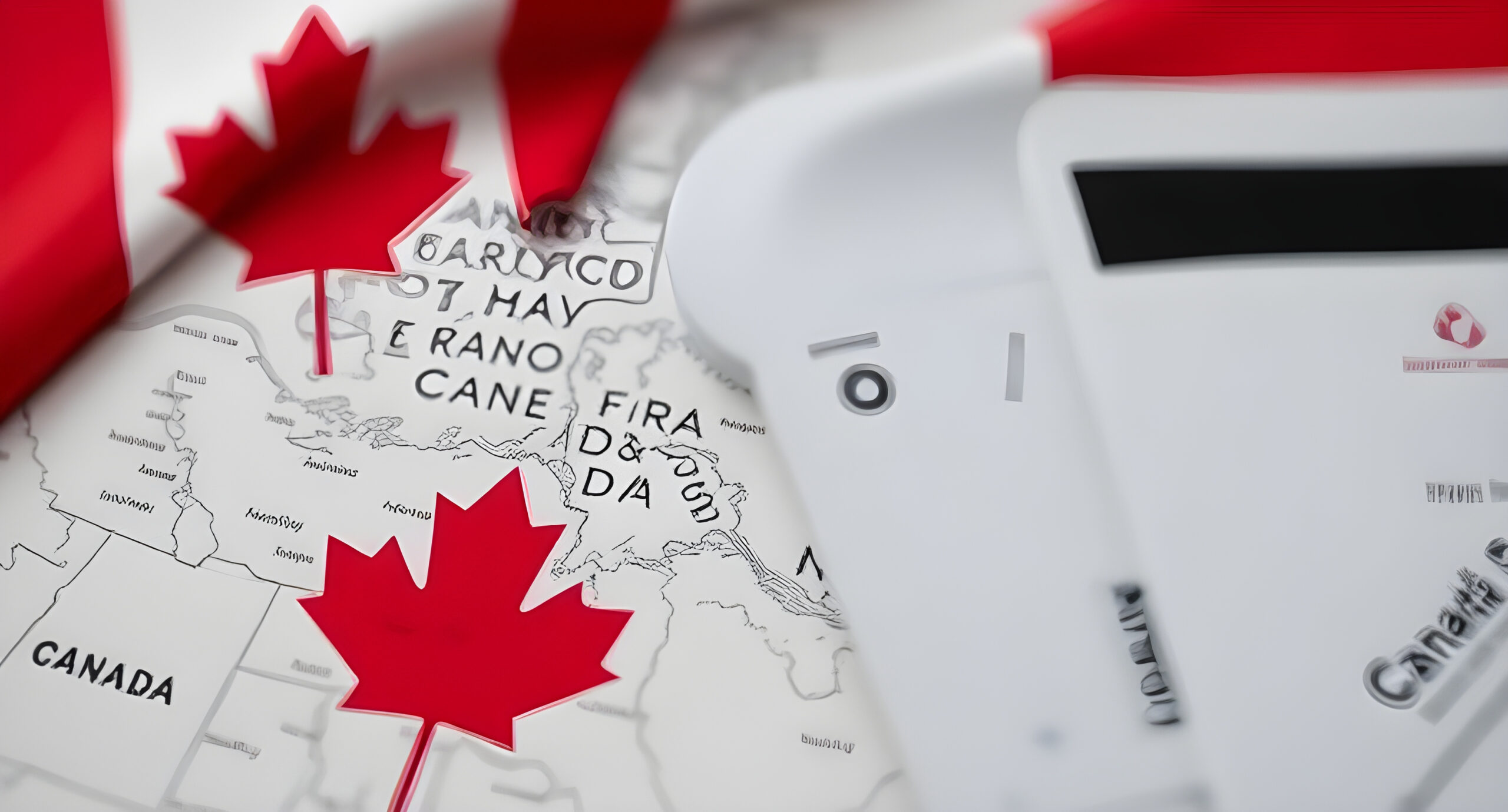Preserving the Arabic language is a pressing concern for many in the Arab world, particularly among expatriate communities in countries like the UAE. Dr. Reem Razem, an assistant professor at the Rochester Institute of Technology in Dubai, emphasizes the importance of implementing a “family language policy” (FLP) to protect and promote Arabic. This approach involves making small changes at the family and community levels to spark broader societal shifts in communication.
Dr. Razem’s insights were sparked by her observations during the COVID-19 lockdown, where she noticed her bilingual sons often spoke in English among themselves. This led her to conduct an autoethnography study, filming her sons’ conversations and finding that 30-40% of their speech was in English. In contrast, conversations between her and her husband, and when addressing their children, were predominantly in Arabic. She identified key factors influencing this language shift, including discussions about technology and entertainment, where English was often preferred due to a lack of Arabic vocabulary.
Expanding her research to the wider Jordanian expat community in the UAE, Dr. Razem found a common concern among parents about their children’s loss of Arabic. Many expressed frustration and sought advice on how to instill a love for Arabic in their children. Issues impacting Arabic literacy include the use of English as a medium of instruction in schools and universities, as well as unconscious acts like choosing English over Arabic in everyday interactions.
To boost Arabic language use, Dr. Razem advocates for a bottom-up approach, emphasizing the role of parents and communities. She likens this to the Butterfly Effect, where small actions can have significant consequences. Educators agree that family language policies are crucial in preserving Arabic among second-generation expatriates. They suggest promoting Arabic at home through daily reading and conversation, while communities can support cultural activities that reinforce linguistic identity.
Experts highlight the benefits of bilingualism, noting that children can acquire multiple languages easily. Encouraging expression in both Arabic and English fosters a diverse social life, open-mindedness, and cognitive flexibility. This bilingual foundation enhances problem-solving abilities and emotional intelligence, making it invaluable in today’s interconnected world.





